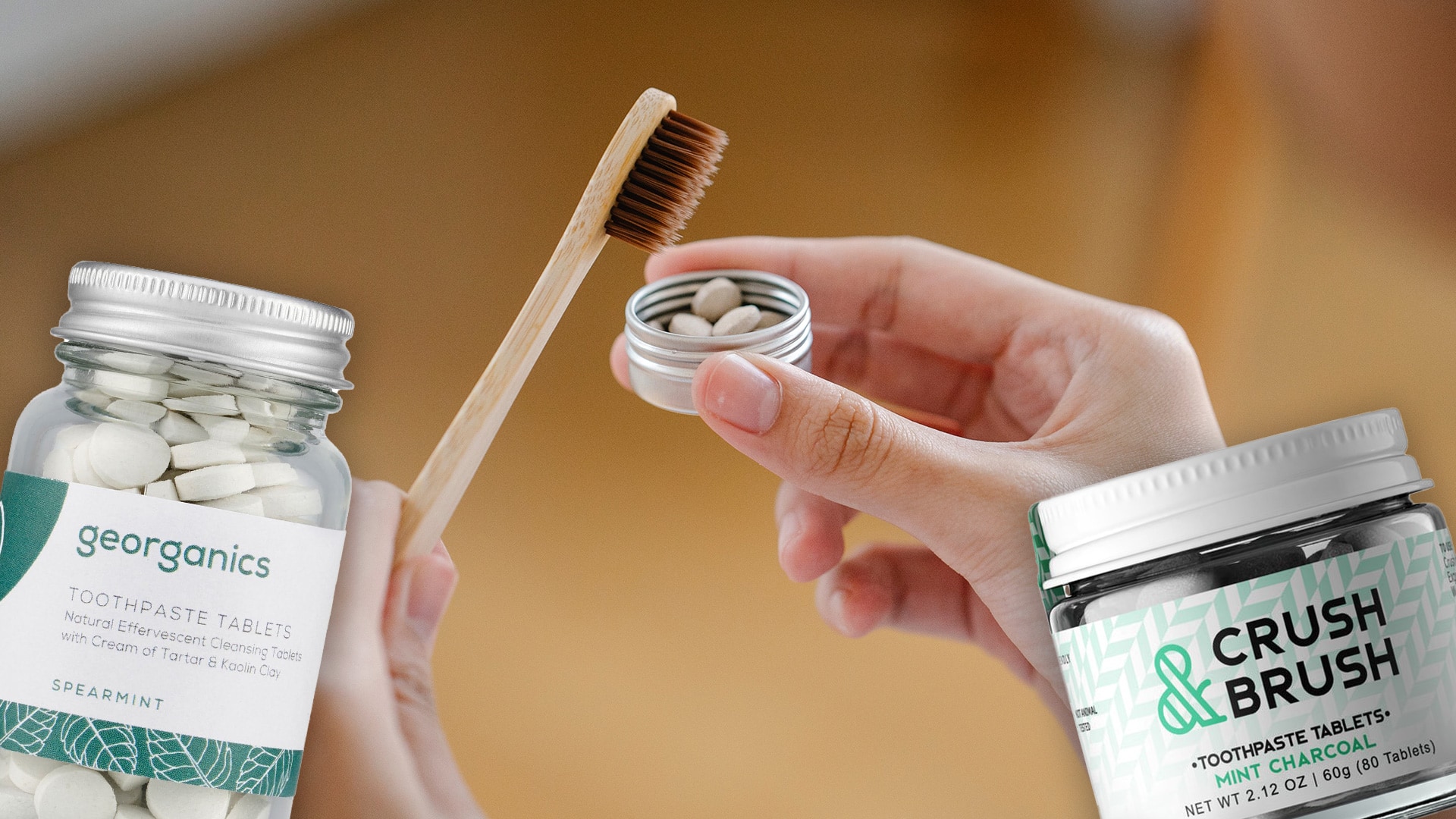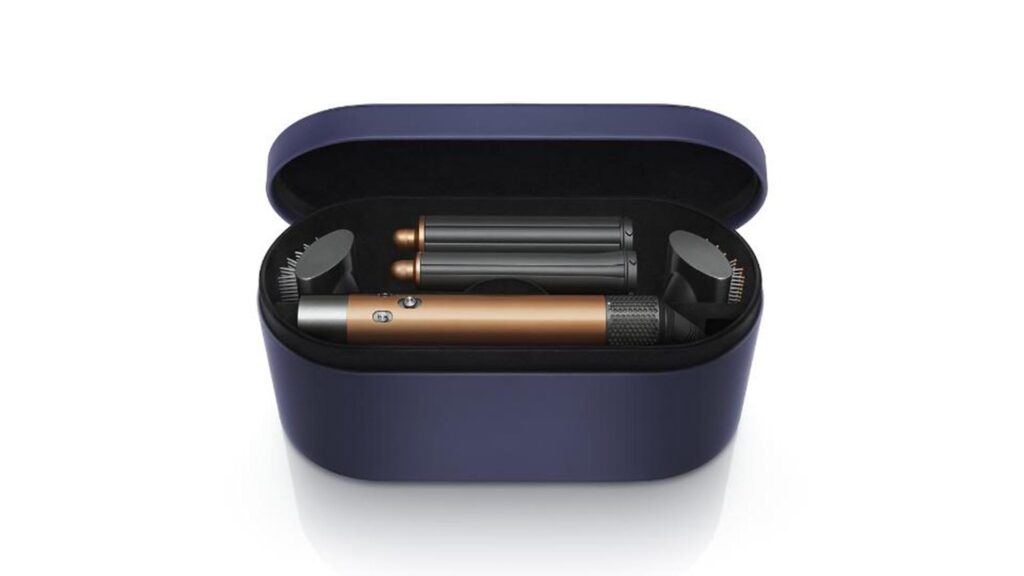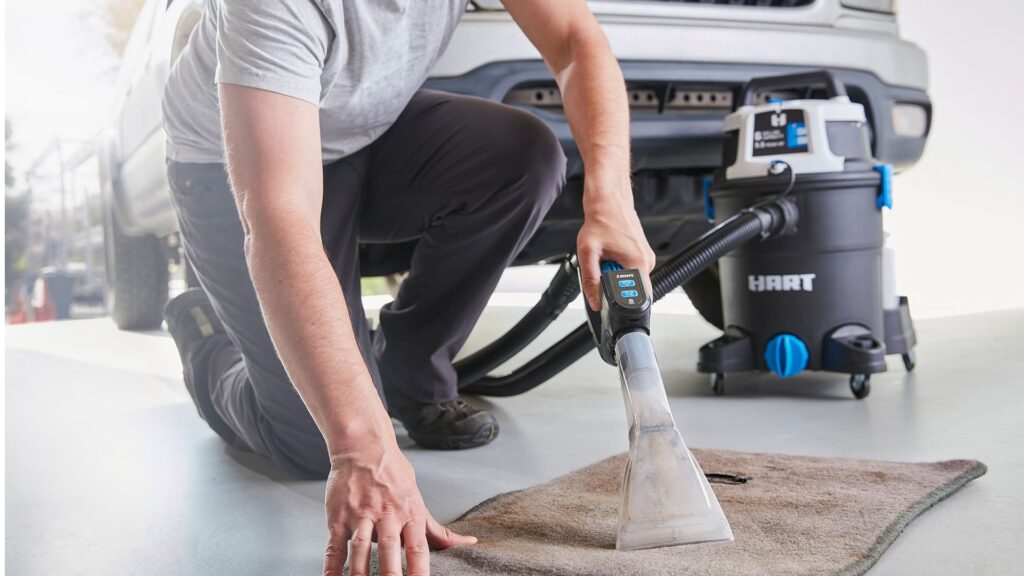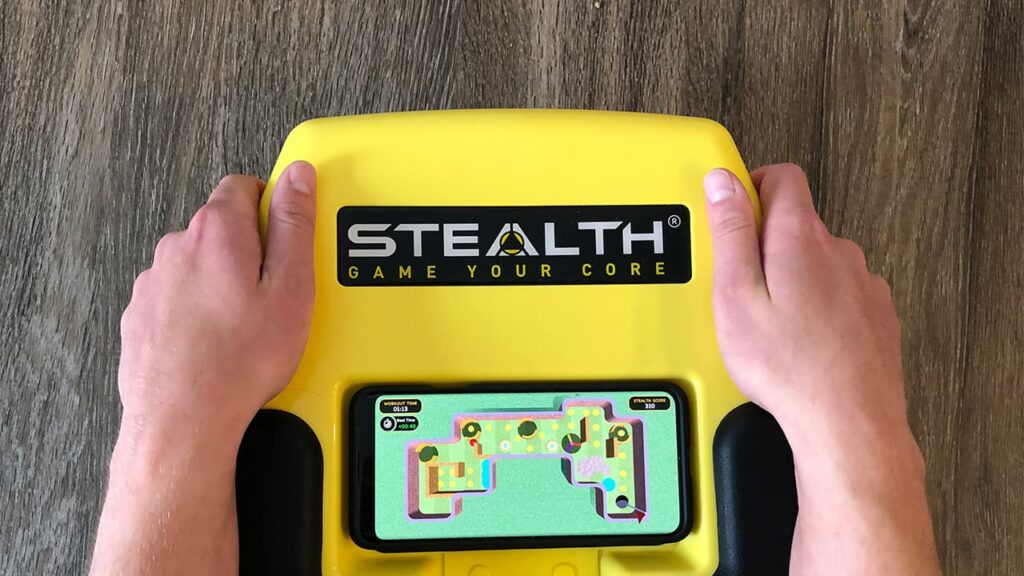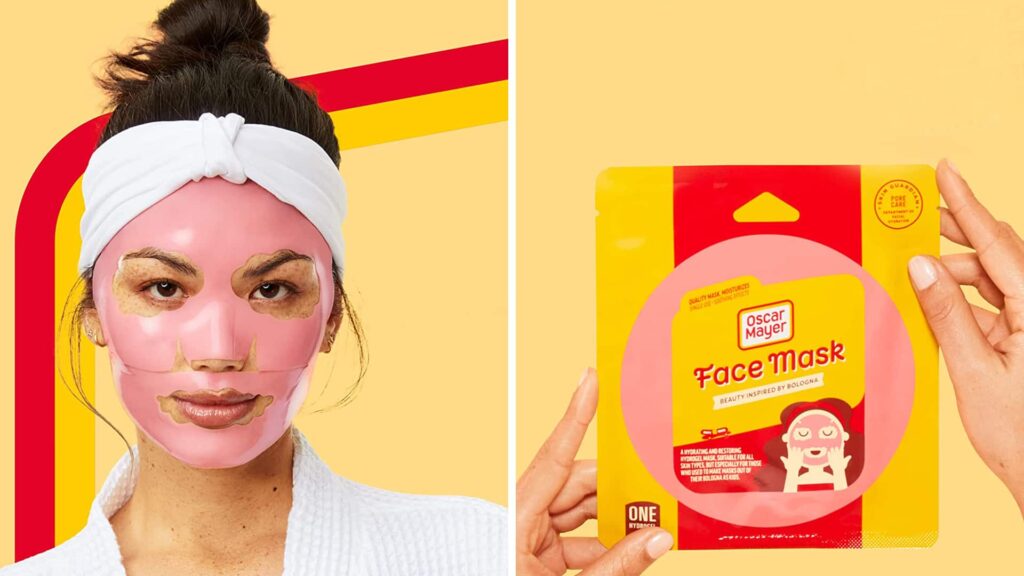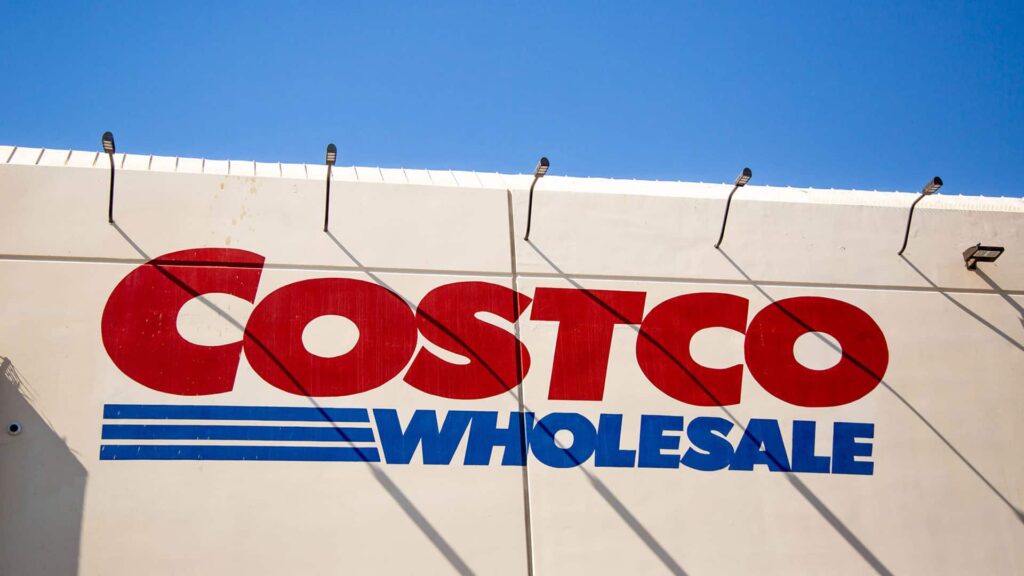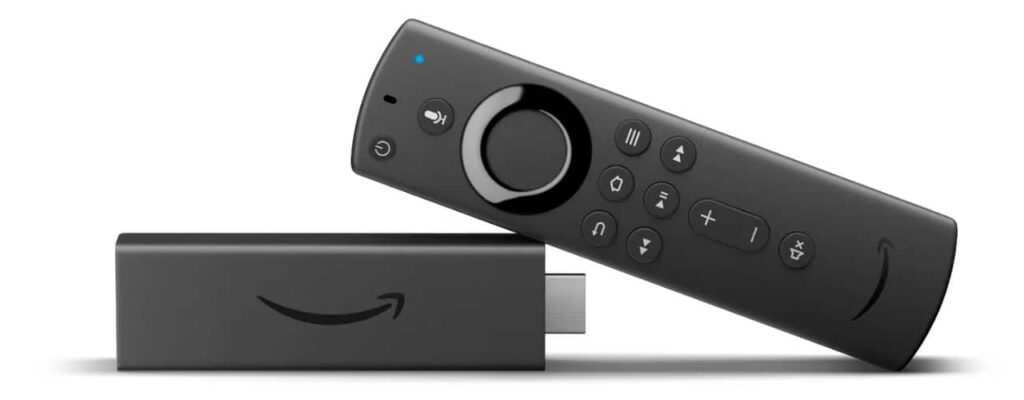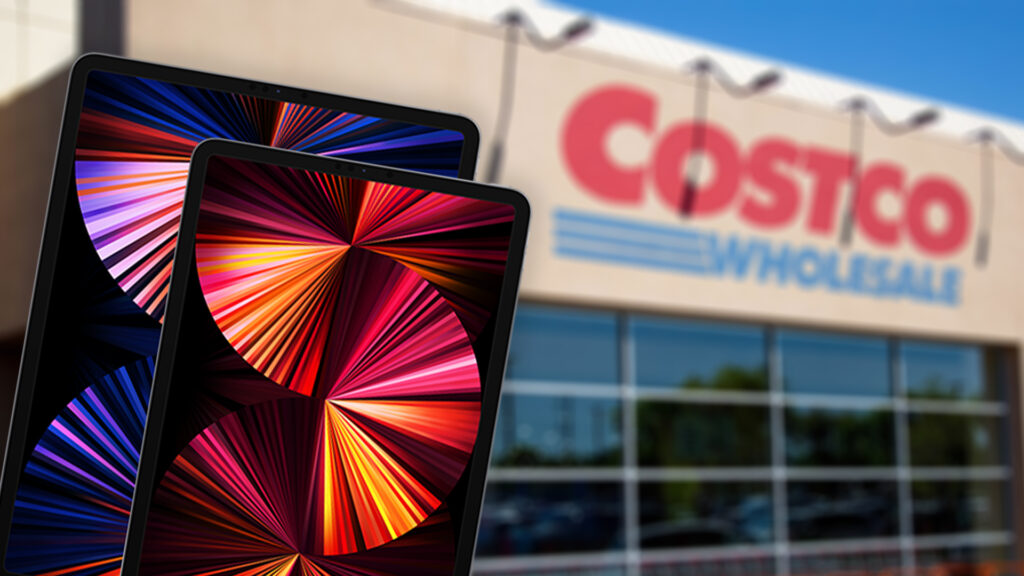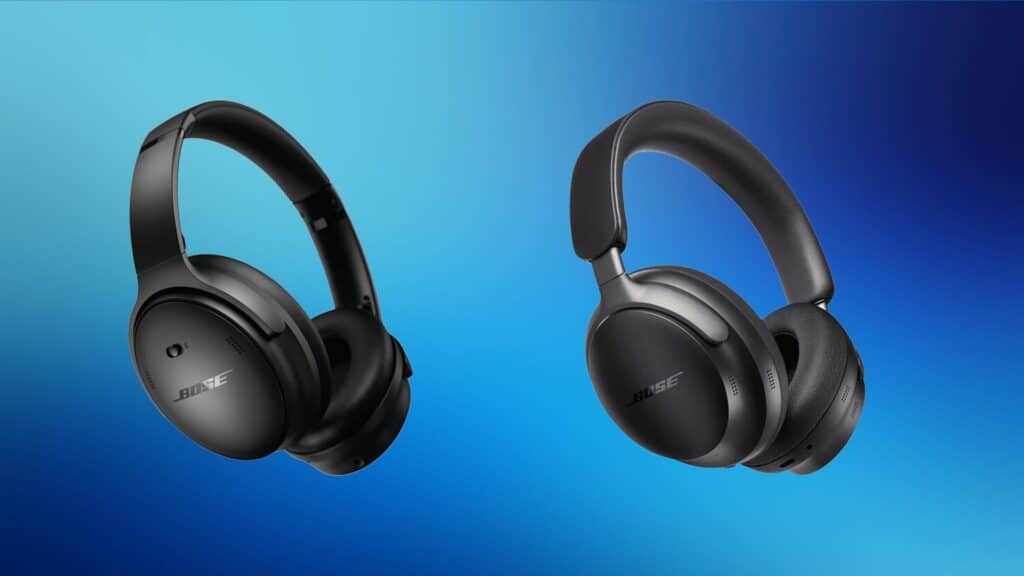Advertiser Disclosure: At Slickdeals, we work hard to find the best deals. Some products in our articles are from partners who may provide us with compensation, but this doesn’t change our opinions. Our editors strive to ensure that the information in this article is accurate as of the date published, but please keep in mind that offers can change. We encourage you to verify all terms and conditions of any product before you apply.
Reading Time: 5 minutesThe majority of empty toothpaste tubes wind up in landfills, as they are made from a combination of plastic and aluminum that is difficult to recycle. You might be thinking that there must be a better, more eco-friendly way to keep up with our oral health.
One new product that seeks to address this environmental problem is toothpaste tablets, a plastic-free option for cleaning your teeth and gums. The question is, do toothpaste tablets work as well as traditional toothpaste?
Follow along to find out what toothpaste tablets are, how they work and whether they are effective according to dentists and other oral healthcare professionals.
What are toothpaste tablets?
Toothpaste tablets are designed as a plastic-free alternative to plastic toothpaste tubes. Made with all the same active ingredients in your regular toothpaste, including fluoride, calcium carbonate, sodium bicarbonate and tartaric acid, the key difference is that they’re dehydrated and condensed into a mint-sized tablet.
Simply pop a single tablet into your mouth, add a teaspoon of water, chew it up into a paste and begin brushing your teeth for 2 minutes as recommended by dental professionals. Whether you use a standard store-bought toothbrush or a dentist-recommended electric version, these tablets provide a convenient eco-friendly option to clean your teeth.
Pros and Cons of Toothpaste Tablets
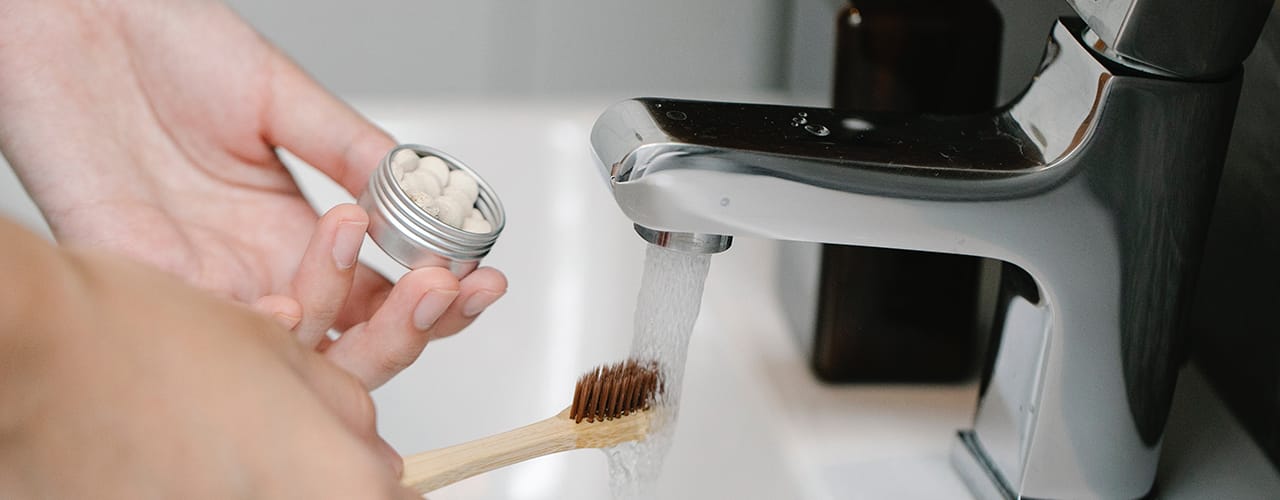
Credit: Pexels
Pros of Using Toothpaste Tablets
There are plenty of reasons people switch to using toothpaste tablets for their oral care routine. While these tablets make for a convenient brushing experience, they offer some other great benefits too:
- Eco-friendly, plastic-free, recyclable
- Travel-friendly to take on the go (including inside your carry-on baggage)
- Mess-free convenience
- No added preservatives (depending on the brand)
- No risk of cross-contamination
- Gentle and safe for almost anyone
Cons of Toothpaste Tablets
While there are several benefits to using toothpaste tablets, this product is not necessarily an adequate alternative for everyone.
Downfalls of using toothpaste tablets include:
- More expensive than toothpaste in a tube
- Less effective in cleaning teeth compared to regular toothpaste
- Unproven long term benefits (limited research available with such a novel product)
- May be abrasive on sensitive teeth
- May be a choking hazard
Do toothpaste tablets have fluoride?
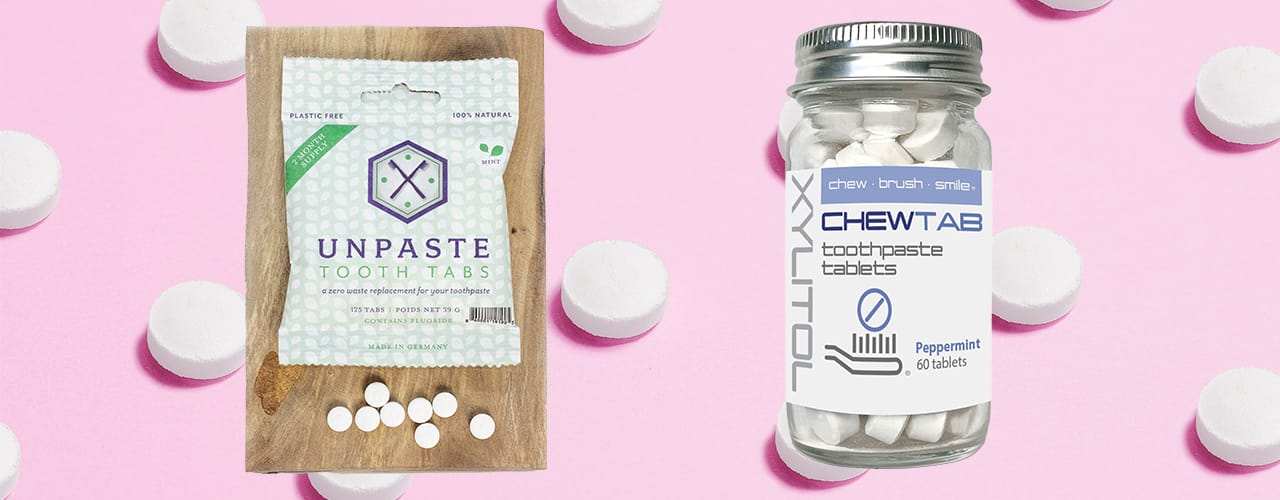
Credit: Pexels/Unpaste/Chewtabs
Similar to traditional toothpaste brands, tablets are available in fluoride-containing and fluoride-free formulations. Most dentists highly recommend using a toothpaste with fluoride, as it prevents tooth decay and strengthens enamel. Among the different brands that offer fluoride toothpaste tablets, some of the most well-known include Unpaste Tothpaste Tabs and By Human Kind.
If you’re looking for a brand that creates fluoride-free toothpaste tablets, check out Georganics, Crush & Brush, Bite Toothpaste Bits, Chomp and Chewtab.
But before opting for a fluoride-free toothpaste tablet, consult with your dentist first. Fluoride is essential to protecting against cavities and shouldn’t be omitted from your daily oral care routine.
How much do toothpaste tablets cost?
On average, toothpaste tablets are more expensive than your traditional toothpaste. While a tube of toothpaste is about $3.00, most brands of toothpaste tablets sell anywhere between $15.00 – $30.00 for the same number of uses.
Some examples of toothpaste tablet prices:
- Bite Toothpaste Tablets — $30 for 248 tablets
- Unpaste Toothpaste Tablets — $12.75 for 125 tablets
- byHumanKind Toothpaste Tablets —$12 for 60 tablets
- Crush & Brush Toothpaste Tablets — $14.99 for 80 tablets
Although this price tag may have you questioning their value, the packaging and eco-friendly nature of these products can make up for the higher price. Toothpaste tablets are sold in eco-friendly, plastic-free packaging that is made to be re-used and refilled, which can reduce our overall plastic consumption.
If you’re not quite ready to spend on expensive toothpaste tablets but want to do your part to help the environment, Colgate has recently introduced a toothpaste made of recyclable #2 plastic which is more environmentally friendly than other versions. Some brands are also offering toothpaste in a recyclable aluminum tube, which is much better for the environment than plastic.
Are toothpaste tablets safe for everyone?

Credit: iStock
Having all the key ingredients of regular toothpaste, toothpaste tablets are safe for most people. The mint-sized tablets do pose a choking hazard for young children, so many dentists recommend that young children under 5 years of age avoid using toothpaste tablets. Additionally, those with dental implants or prosthetics may want to avoid the use of chewable toothpaste tablets since crunching down on a tablet may cause problems.
While the majority of people may find toothpaste tablets a safe and convenient method of oral care, it’s best to check in with your dentist before trying them yourself.
Do dentists approve of toothpaste tablets?
The American Dental Association (ADA) has not given their seal of approval to any toothpaste tablet products due to the lack of clinical data available. For the most part, dentists seem to have mixed views on toothpaste tablets and their effectiveness.
On one end, Dr. Adrienne Hedrick states “there are several common ingredients of toothpaste tablets such as xylitol to fight bacteria, calcium carbonate to polish teeth, sodium bicarbonate to neutralize acids, and nano-hydroxyapatite to replace minerals in teeth. Therefore, toothpaste tablets do provide health benefits and it’s most likely better than not brushing with any toothpaste”.
Most dentists would agree that using toothpaste tablets are better than nothing at all, with some only recommending that tablets be used occasionally and not as a replacement for regular toothpaste:
Dr. Thomas J McCarthy explains that “chewable tablet toothpaste is a great product for certain situations but isn’t a replacement for standard toothpaste. Toothpaste is designed to be at the right consistency to evenly distribute on all your teeth. The tablets rely on your saliva and not everyone’s the same.”
How do I choose which toothpaste tablet to buy?
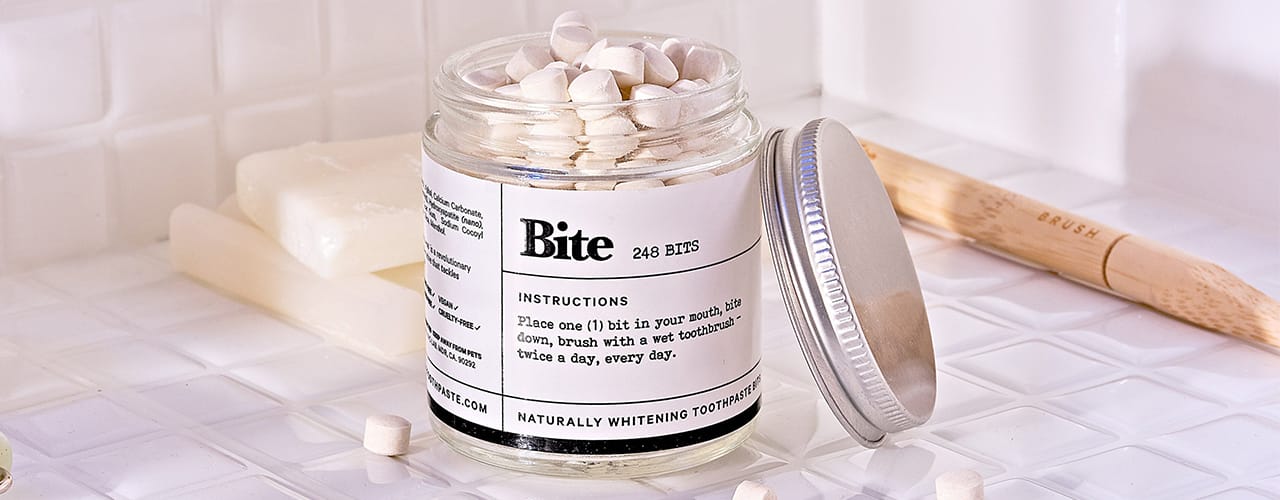
Credit: Bite
When searching for the right toothpaste tablet, it’s important to do your research on the ingredients of each brand. Among the different features that make for an excellent toothpaste, Dr. Shauna Hatcher suggests that the three most important ingredients include:
- Fluoride (to prevent tooth decay)
- Calcium carbonate (an abrasive that cleans the surface of the tooth)
- Calcium hydrogen phosphates (to help to eliminate debris while polishing the teeth)
You should also consider your budget and what you can reasonably afford. Most tablets come in smaller jars that will only last up to 3-4 months, so they will need to be refilled frequently. Be cautious of what you are spending so you don’t overextend your finances.
So, are toothpaste tablets worth buying?
Toothpaste tablets are certainly worth buying if you can afford them and want to do your part to reduce your plastic footprint. Toothpaste tablets are safe to use and provide similar oral health benefits if you opt for fluoride-based tablets. They’re also incredibly convenient for travel and on-the-go use.
While some dentists may be on the fence about toothpaste tablets completely replacing your regular toothpaste, it certainly doesn’t hurt to have toothpaste tablets on hand as a complement to your oral care routine while traveling, camping or dining out. This way, your toothpaste tubes can last longer and you can minimize your plastic waste overall.

